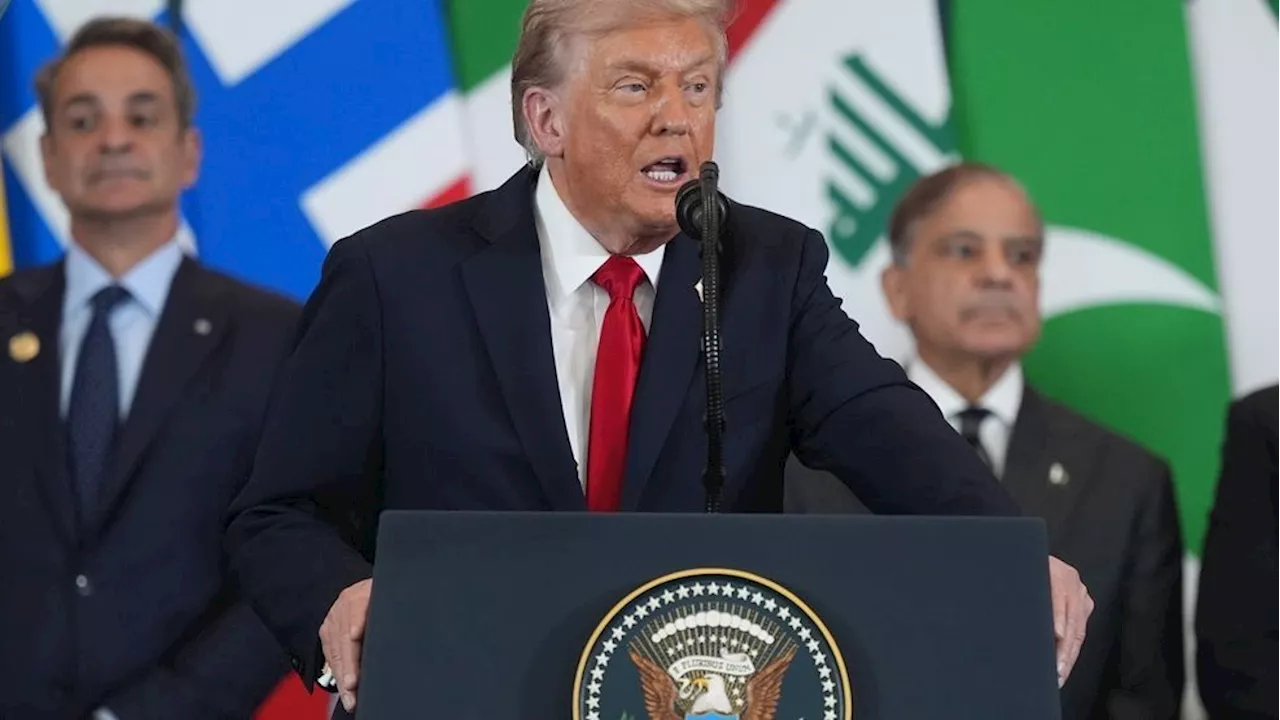Argentinian President Javier Milei made his inaugural visit to the White House on October 14, 2025, shortly after the U.S. Treasury finalized a significant financial maneuver. The United States has established a $20 billion currency swap framework with Argentina, aimed at stabilizing the nation’s struggling economy. This intervention comes as Argentina faces the prospect of a financial crisis, raising concerns about broader implications for global markets.
During a working lunch with U.S. President Donald Trump, Milei discussed the agreement, which is seen as a strategic move to counteract China’s increasing influence over Argentina’s economy. U.S. Treasury officials highlighted the potential for Argentina’s economic collapse to have destabilizing effects throughout the Western Hemisphere. Charles Bessent, a financial analyst, emphasized that the repercussions of a financial failure in Argentina could resonate across various markets.
The current situation in Argentina recalls past U.S. interventions in foreign economies. Notably, in the 1990s, the U.S. provided financial aid to Mexico during the Mexican peso crisis. After Ernesto Zedillo Ponce de León assumed the presidency, Mexico faced a severe banking crisis that led to significant capital flight. In response, President Bill Clinton approved a $20 billion loan from the U.S. Treasury’s Exchange Stabilization Fund, bypassing Congress to expedite the relief. Mexico repaid the loan three years ahead of schedule, resulting in a profit of approximately $580 million in interest for the U.S.
As Argentina grapples with its economic challenges, the U.S. aims to prevent a scenario similar to that of Venezuela, which has received nearly $60 billion in loans from China, primarily for energy and infrastructure projects. The U.S. Treasury is wary of fostering conditions that could bolster authoritarian regimes.
As the financial landscape evolves, the implications of the U.S.-Argentina agreement will be closely monitored. The currency swap not only seeks to provide immediate relief to Argentina but also reflects the ongoing geopolitical struggle for influence in Latin America. The situation underscores the importance of international financial relationships and the far-reaching consequences of economic instability.





































































